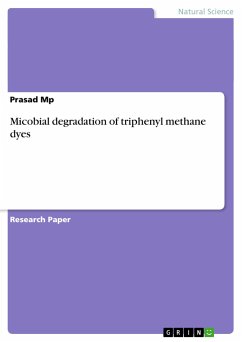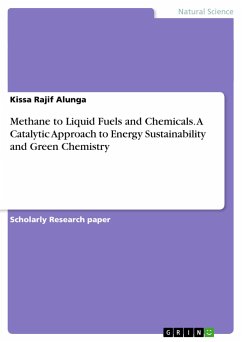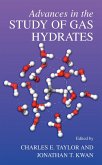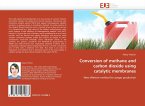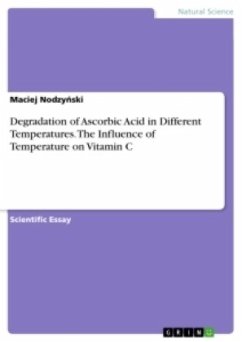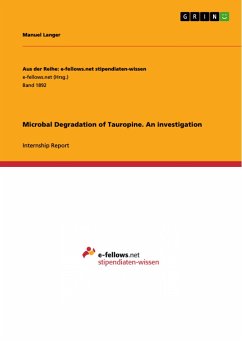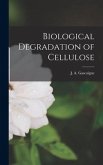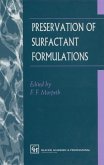Research Paper (postgraduate) from the year 2012 in the subject Chemistry - Bio-chemistry, , course: MASTER DEGREE, language: English, abstract: Try phenyl methane dyes have been found in soil and river sediments as consequences of improper chemical waste disposal. 10000 dyes and pigments are produced annually world wide amounting to 7*107tones which are hazardous and pose serious environmental problems. It is estimated that 10-15% of the dye is lost in the effluent during the dying process. Try phenyl methane dye decolorizing bacteria have been isolated; there are few reports of specific enzymes that decolorize these dyes. Isolate bacterial strains which had the capability to decolorize textile dye like bromophenol blue, crystal violet and malacate green. We estimate the decolorization percentage for all the three tri phenyl methane dyes and quantify the activity of the TMR enzyme that degrades try phenyl methane dye and characterize the dye degrading organism as pseudomonas species.
Hinweis: Dieser Artikel kann nur an eine deutsche Lieferadresse ausgeliefert werden.
Hinweis: Dieser Artikel kann nur an eine deutsche Lieferadresse ausgeliefert werden.

